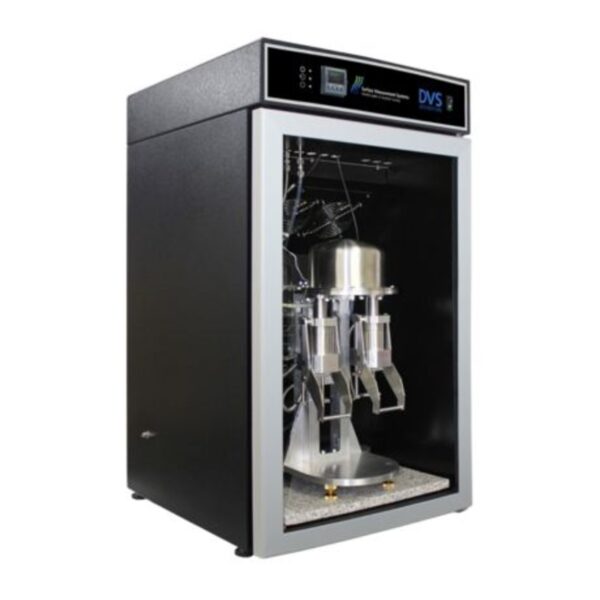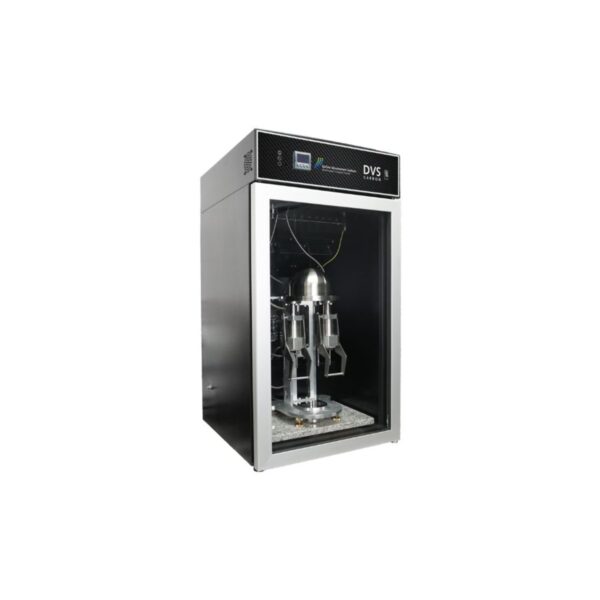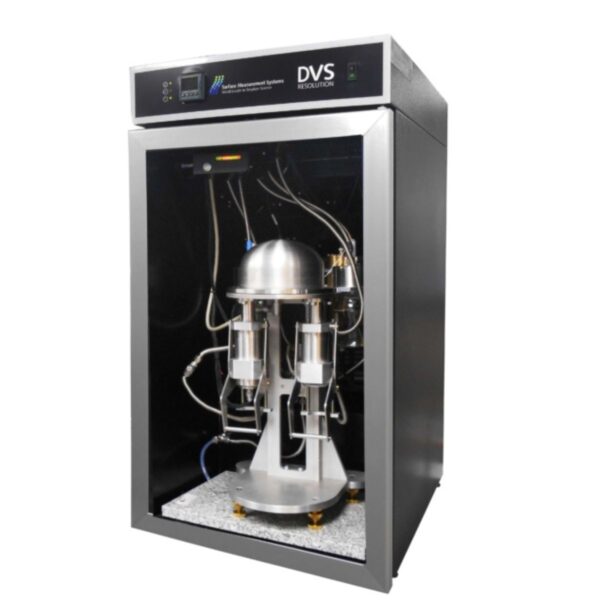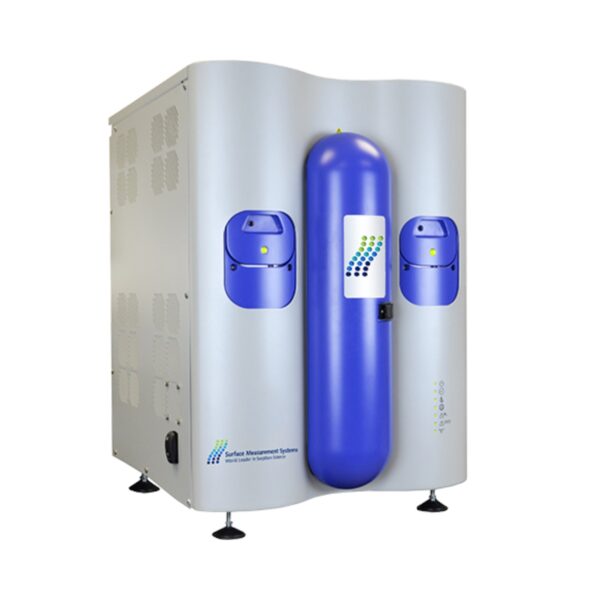Surface Measurement Systems – DVS Adventure
The DVS Adventure is an advanced water vapor sorption analyzer that enables unparalleled accuracy and detailed insight into the sorption properties of solid-state materials.
The DVS Adventure is an advanced water vapor sorption analyzer that enables unparalleled accuracy and detailed insight into the sorption properties of solid-state materials.







